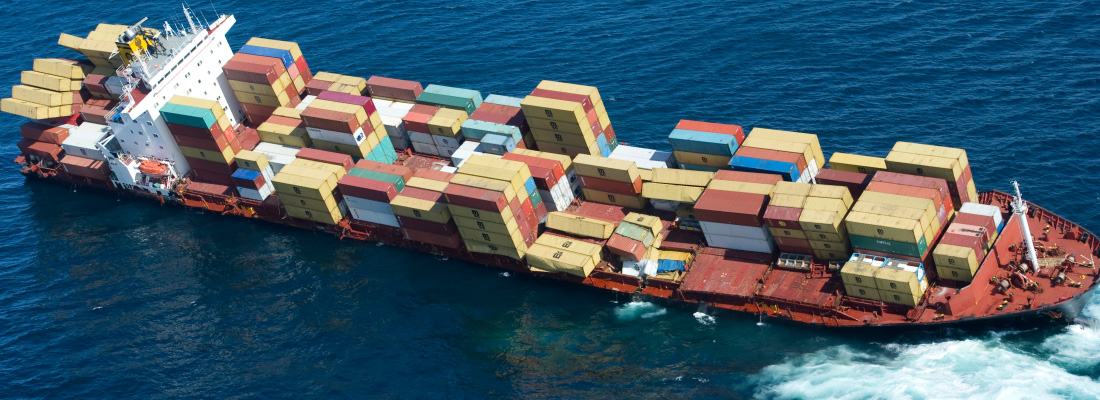2013 conference highlights

Rena grounding ‘a wake-up call’
The grounding of the cargo ship Rena on a reef off New Zealand was a wake-up call to governments to ensure they keep international conventions up to date, DLA Phillips Fox lawyer Neil Beadle told the NZILA conference.
The Rena, chartered by Mediterranean Shipping Company, was travelling between Napier and Tauranga when it hit Astrolabe Reef on October 5, 2011. Both the master and the second mate were prosecuted.
Mr Beadle said the vessel was carrying 1,368 containers, of which about half were lost overboard. Eight contained hazardous materials. Fuel leaks from the ship caused major environmental damage in the Bay of Plenty, with subsequent damage to the tourism industry.
Insured cargo losses were estimated at $NZ24 million. Under the Hague-Visby rules, carriers were required to exercise “due diligence in providing a seaworthy ship” at the start of the voyage. But carriers were not responsible for “nautical fault”.
The environmental cleanup cost $NZ47 million. While costs were recoverable under the NZ Maritime Transport Act, there was an $NZ11 million limit, calculated according to the ship’s tonnage.
But the ship’s P&I club insurer, the Swedish Club, established a $NZ 27.6 million fund in the UK. “We don’t know why, but suspect it was about choice of where they wanted to have a fight, preferring London to Auckland,” Mr Beadle said. The UK-based fund’s limit was higher because New Zealand had failed to update its legislation in accordance with international marine pollution protocols.
Mr Beadle said the government had since updated its legislation and implemented a mechanism to ensure future increases could be made by an order in council, rather than new legislation being required.
He said Bay of Plenty business owners established a Rena Business Compensation Group and sought recompense for their economic losses. However, with no physical damage to business premises, pure economic loss claims were difficult. Overseas litigation involving the International Oil Pollution Compensation Fund had shown the need to establish a causation link. “Overseas authorities suggested a kayak business operator might succeed, but not accommodation providers,” Mr Beadle said.
In October 2012, the NZ Government “did a deal” with the ship’s insurer to receive $NZ27.6 million plus an additional $NZ10.4 million for agreeing the wrecked ship could remain on the reef and not require salvaging. Mr Beadle said the salvage operation already had cost about $NZ300 million and removing the sunken hull would have been a major expense.
The ship’s owner also agreed to establish an $NZ11 million fund to compensate for proven economic losses, in accordance with NZ’s Act in force at the time. A “curious” additional fund of $NZ 1 million was established for clean-up costs, particularly for tourism-related businesses’ losses, which is administered through the regional council.
Mr Beadle said the additional recovery fund would probably be sufficient to deter business operators from litigation.
He said the Rena grounding showed “letter of the law limitations don’t necessarily apply” to government-funded pollution cleanup costs; and exporters should always buy marine insurance.
While the grounding was “an isolated incident”, there had been 13 near-miss incidents in NZ water since October 2011. “There is potential for it to happen again,” he warned.